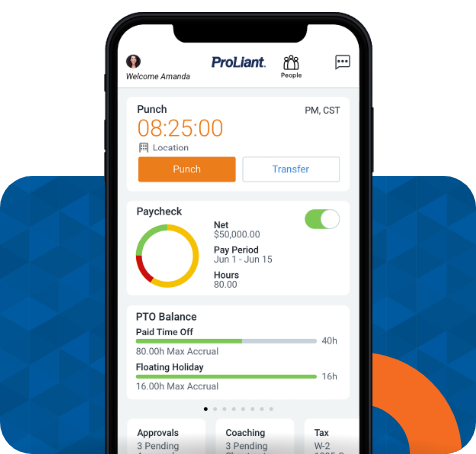Hiring, training and managing staff can be difficult for any industry, but HR professionals in healthcare have a unique set of challenges. From dealing with problems such as high turnover, to ensuring payroll is compliant with federal and state laws, HR professionals must know how to deal with a variety of complex issues to ensure that their company follows all industry standards and rules.
Healthcare employees are the backbone of the industry. Without physicians, nurses, and technicians, healthcare organizations would not be able to provide proper care to patients. But hiring and retaining good staff can be difficult. Turnover is high in many healthcare jobs, such as nursing, which reports an average turnover rate of 14%. Factors such as burnout, injury, and nurses moving into private practices all contribute to this higher rate of turnover. Many hospitals are trying to decrease stress among their nurses by using a variety of techniques from ensuring nurses take breaks throughout their shifts, to more unconventional programs such as knitting and pottery classes.
In addition to dealing with higher burnout and turnover rates, hospitals, clinics, and other healthcare organizations also need to ensure their staff are properly trained, licensed, and authorized to work in the industry. Because many healthcare professionals often have certifications that they need to renew on a regular basis, employers must ensure that their staff is up to date on all their licenses to ensure they are not liable. Since employees in the healthcare industry are often working closely with hazardous equipment and materials, it is essential for staff to have proper safety training. And to ensure the safety of patients, management of healthcare organizations need to conduct thorough background checks on all potential new hires.
Finally, the healthcare industry needs to tackle the complex topic of payroll. Many healthcare employees (such as nurses) often are associated with unions. This means that employers must be knowledgeable on topics such as union deductions and compliance with union rules. Also, many healthcare employees work overtime, have schedules that vary week by week, and work overnight shifts, so employers must ensure that they are legally paying their staff for all hours worked.
Although managing employees is difficult, especially in the healthcare industry, these staff members are not only responsible for keeping their company afloat, but also for providing excellent care to patients. By ensuring the organization is compliant with both federal and state laws, as well as industry-wide standards, companies in this field can be confident their patients are receiving the best care possible.







No Comments Yet
Let us know what you think